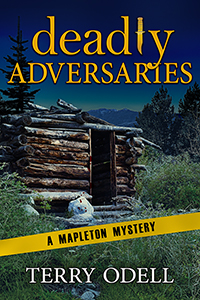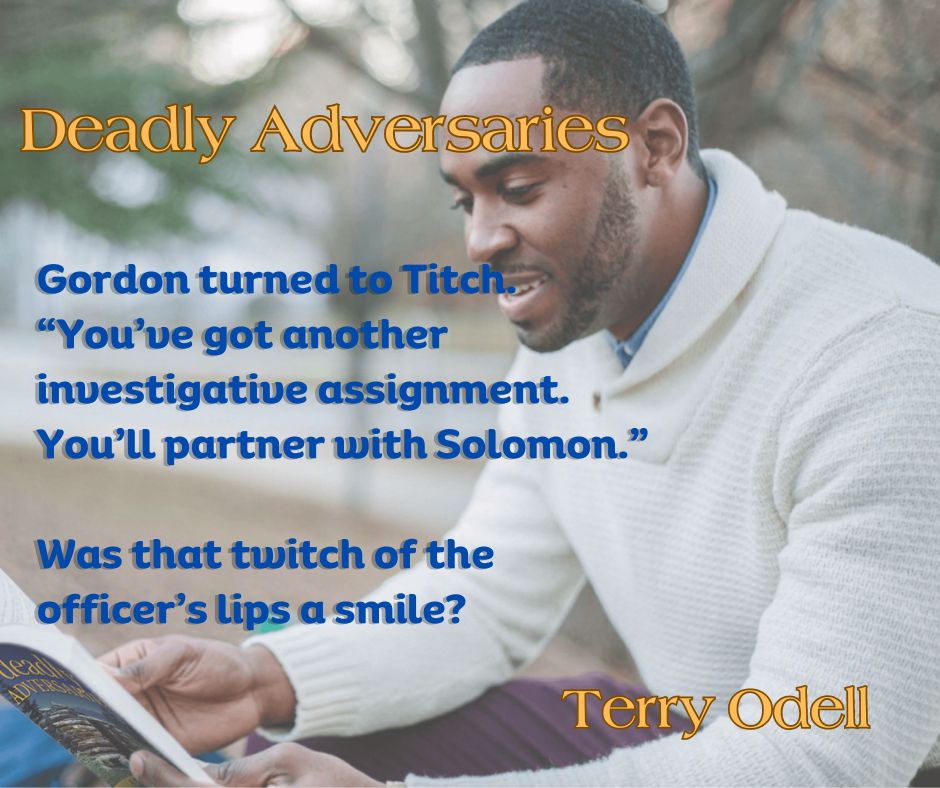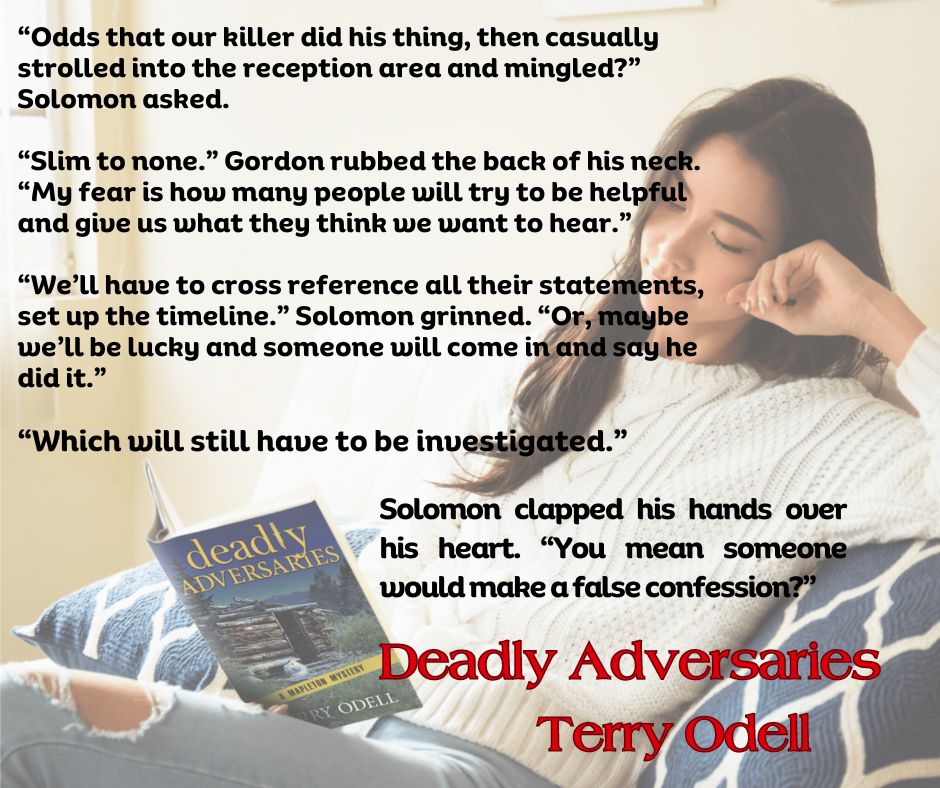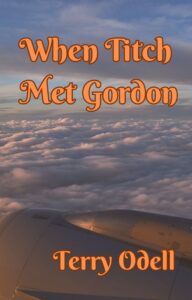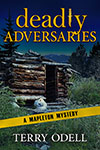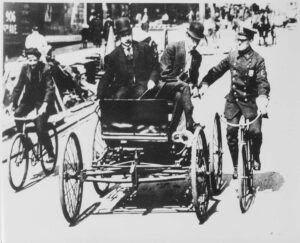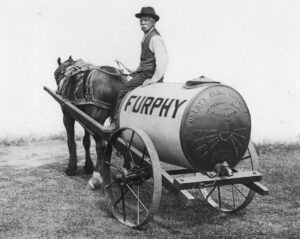“Sticking the landing” with a novel can be tricky. Wrong tone, wrong payoff, a cliffhanger that withholds some of the payoff and especially emotional resolution, too long a resolution are just examples of endings that don’t work as they should. Endings which can leave your reader unsatisfied.
My novel Empowered: Rebel, the fourth in my Empowered series, ended rather abruptly, immediately after a huge reveal which threw the entire series into a new light, and changed everything for my hero, Mathilda Brandt. Not only did I think this was a fine way to end the novel, I thought it was a fine way to end the series. I couldn’t have been more wrong. Fortunately, I saw the light and wrote Empowered: Hero, the actual final novel for the series, which resolved the series arc, but also had an ending which worked.
With that in mind I’ve found three posts from the wonderful KZB archives that discuss different aspects of endings to share today. Michelle Gagnon asks if thrillers need to have a happy ending, Clare Langley-Hawthorne ponders whether or not you need to provide a resolution, and Joe Moore gives a rundown on the elements of an ending that work.

Does a thriller need to have a happy ending?
Mind you, I’m not panning happy endings. It’s just that at the end of the great ride this book provided, everything was wrapped up so patly it struck me as false. None of the good guys had suffered so much as a serious injury. The bad guys all died horribly. There was even a marriage proposal. All that was missing were bluebirds flying down from the trees a la Snow White.
And to be honest, I felt a little let down. Not that I wanted something terrible to happen to any of the characters, but I wondered: must all thrillers end like this? Because as I started to review the list of bestsellers over the past few years, I couldn’t recall many with unhappy conclusions. (Although I’d love to have someone jog my memory).
Crime fiction films seem less leery of this: I’m not entirely certain that “The Departed” qualifies as a thriller, but it certainly doesn’t have a happy ending. Same with “Seven” and “The Usual Suspects,” two of my personal all-time favorite films.
I understand that there is a level of comfort in having everything tied up neatly at the conclusion of a book, and that happy endings are inherently satisfying.
But notable exceptions like “Sharp Objects” and “In the Woods” really stuck with me after I finished them, since they dared to end on dark and/or ambiguous notes. Neither of those is truly a thriller, however.
So what do you think? Does a thriller need to end on a high note to be satisfying?
Michelle Gagnon—January 14, 2010
This weekend I attended Booktown the annual book festival held in the small Victorian town of Clunes, where I heard Peter Corris, Jean Bedford, and Michael Wilding speak on the topic of the long arm of crime fiction. One issue which prompted some discussion was the issue of whether readers still look for good to triumph over evil in a mystery novel. The panelist seem to think that far more ambiguity is now allowed. They noted that writers such as James Ellroy have already upended the traditional mystery form and felt that it was possible now to end on a note in which evil, while not triumphant, certainly hasn’t been bested by the forces of good.
This got me thinking about the need for a satisfying ending and how, in many books, I have been more disappointed by a trite or glib happy ending than I ever have by books in which evil doers get away (at least in part) with their misdeeds.
Nevertheless, I do think resolution is critical in any kind of novel, and by that I mean that all the critical plot elements have been explained and resolved. I wonder though if I don’t secretly yearn for justice at the end of a mystery or thriller. Would I be satisfied with a conclusion that allowed the crime to go totally unpunished? Would I feel let down if the protagonist failed to succeed in bringing the perpetrator to justice? To be honest I’m not sure.
What about you? What kind of resolution are you looking for in a crime novel? Do you need to see justice done?
Clare Langley-Hawthorne—May 16, 2011
It’s obvious that a strong ending is as important as a strong beginning. Your reader should never finish your book with a feeling that something was left hanging or unanswered that should have been completed. It doesn’t matter if the ending is expected or unpredictable, it shouldn’t leave the reader with unanswered questions. You don’t want to wind up with a dead ending.
Oftentimes, beginning writers don’t successfully bring all the elements of a story together in a satisfying ending. There’s no real feeling of accomplishment at the end. Your readers have taken part in a journey, and they should feel that they have arrived at a fulfilling destination. This is not to say that every conflict should be resolved. Sometimes an open-ended conflict can cause the reader to ponder a deeper concept, perhaps an internal one. Or a more obvious reason to have an unresolved conflict is to suggest a sequel or series. But something has to occur that will give your readers the feeling of satisfaction that the journey was worth the investment of their valuable time and money.
There are a number of basic methods you can use to make sure your ending is not a dead end. Consider ending with a moment of insight. Your character has gone through an internal metamorphosis that causes her to learn an important life-lesson. Her growth throughout the story leads up to this emotional insight that makes her a better or at least changed individual.
Another technique is to set a series of goals for your main character to work toward and, in the end, are achieved. Naturally, the harder the goals, the more satisfying the ending will be for the character and the reader.
The opposite of this technique is to have the protagonist fail to overcome the main obstacle or goal in the story. The ending may not be a happy one for the character, but he can still experience an insight that is fulfilling for the reader. An example of this would be a character who truly believes that riches bring happiness only to find that true fulfillment comes with the loss of material wealth. In the end, the goals of becoming rich are never met, but he is a better person for it.
You might choose to end your story with irony. This usually occurs when the character sets out to accomplish a goal and expects a certain result only to find in the end the result is exactly the opposite. A con artist tries to pull off a big scam only to be conned and scammed by the victim. There’s an old saying that the easiest sell in the world is to a salesman. Watch The Sting.
How about a surprise ending? There’s probably never been a bigger surprise ending than the movie The Sixth Sense. A kid keeps telling a guy that he can “see dead people”. Well guess what? He sees the guy because the guy is dead. There were audible gasps in the theater at the ending of that one.
As you decide on an ending and begin to write it, think of the summation an attorney makes right before the jury goes into deliberation. The final verdict will be whether the reader loves or hates your book. Or worse, feels nothing. Present a convincing argument, review all your evidence, and walk away knowing you’ve done all you can to get the verdict you want.
Joe Moore—January 21, 2015
***
- Do you feel thrillers need happy endings to be satisfying?
- Do endings need to provide a resolution to work? If not, how do you help the ending satisfy the reader?
- What do you think of Joe’s tips? Do you have any additional ones you’d like to share?
This is my last KZB post for 2023. I’ve appreciated all the discussions and comments we’ve had together this year, and look forward to many more in 2024. Wishing everyone wonderful holidays and a very Happy New Year!






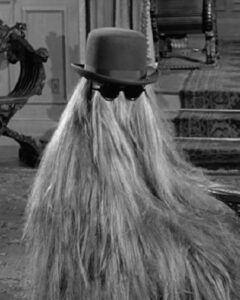


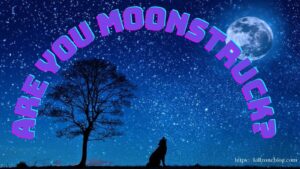 For the last few days, I’ve felt off. Writing had been difficult. Words refused to flow. Pumping out a decent chapter likened to delivering a 10 lb. baby with wide shoulders and oversized head. Even my playlists didn’t match my mood.
For the last few days, I’ve felt off. Writing had been difficult. Words refused to flow. Pumping out a decent chapter likened to delivering a 10 lb. baby with wide shoulders and oversized head. Even my playlists didn’t match my mood.
 In her excellent
In her excellent 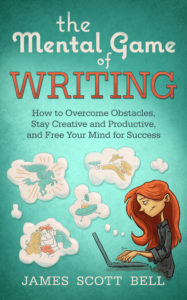

 This is my last post before TKZ takes its annual holiday hiatus, and I’d like to wish everyone a happy whatever you celebrate. If things have gone according to plan, I’m in Prague on my way to Vienna to embark on a Danube river cruise. I’m not likely to be around to respond to comments immediately, but I’ll do my best to check in.
This is my last post before TKZ takes its annual holiday hiatus, and I’d like to wish everyone a happy whatever you celebrate. If things have gone according to plan, I’m in Prague on my way to Vienna to embark on a Danube river cruise. I’m not likely to be around to respond to comments immediately, but I’ll do my best to check in.